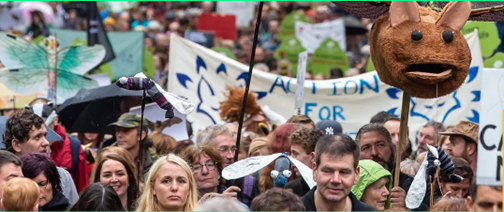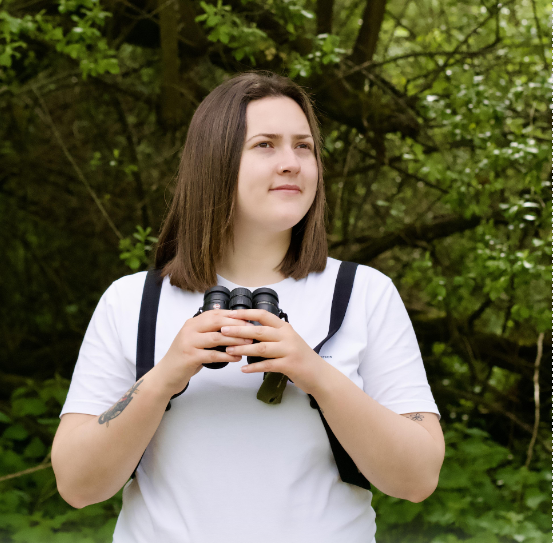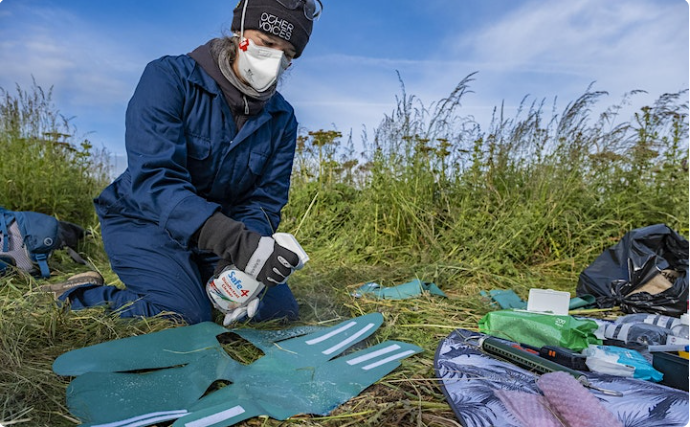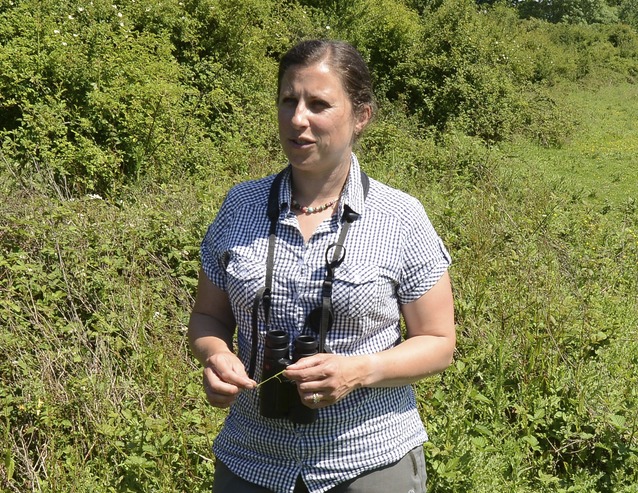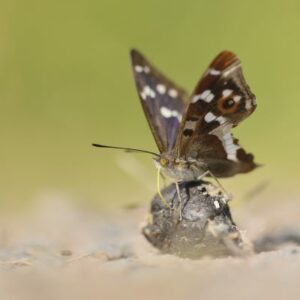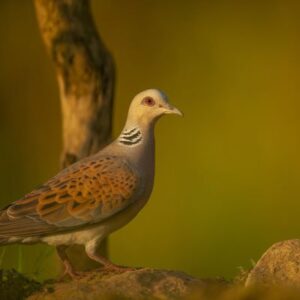Sussex Ornithological Society Online Conference 2022
The Conference is online again this year with events on the evenings of the 29th and 30th January. We are pleased to welcome four great speakers over the two nights.
Saturday 29th January will be a wader special with talks on Greenshank and Green Sandpiper. Pete Potts and Ken Smith will be revealing the secrets of these two amazing migrants from their long-term studies.
Sunday 30th January we welcome our special guest, award winning author of the fantastic book Rebirding, Ben Macdonald. As a prelude, Tim Squire will talk about the conservation of the South Downs.
Saturday 29th January 7-9 pm
Register for Saturday Evening
Ken Smith, Sussex Ornithological Society
Tracking Green Sandpipers in space and time
Ken Smith is now retired and lives in West Sussex, but for almost 30 years he worked for the Royal Society for the Protection of Birds (RSPB) in what is now the Centre for Conservation Science. Over that time, he worked on a wide range of species and habitats and contributed to many conservation initiatives. Since moving from Hertfordshire, he has joined the scientific committees of both Sussex and Hampshire Ornithological Societies.
Although best known for his long-term studies of woodpeckers, especially the Lesser Spotted Woodpecker project with his wife Linda, these are not his only long-term studies. With a small group of fellow Hertfordshire bird ringers, he carried out intensive studies of Green Sandpipers in the county since the mid-1980s. In this talk he will reveal many new features of the behaviour, ecology, habitat usage and movements of this enigmatic and difficult to observe wader species.
Pete Potts
Greenshank geolocator studies in Chichester Harbour
Pete Potts lives in Hampshire and has run a series of shorebird ringing projects in the Solent for over 30 years with the Farlington Ringing Group, including the Greenshank study. Actively involved with wader research projects from Iceland to west Africa, he has led over 50 international expeditions studying primarily Icelandic Black-tailed Godwits. Pete is an active member of the International Wader Study Group presenting papers & chairing conference sessions.
Pete worked for 32 years in nature conservation and reserve management and was awarded an English Nature SSSI Award. Pete was awarded the BTO Bernard Tucker medal for shorebird work in The Solent. He presented the annual Bernard Tucker Memorial Lecture at the Ashmolean Museum on the Greenshank project. He now undertakes ecological & habitat management consultancy work.
Sunday 30th January 7-9 pm
Register for Sunday Evening
Benedict Macdonald
A journey into a richer natural and wilder UK full of birds
Ben is a conservation writer, producer in wildlife television, and naturalist, passionate about restoring Britain's wildlife, pelicans included. He has worked in television as a producer for the BBC, ITV, Netflix and Apple. Sir David Attenborough's Our Planet (Netflix), a series he worked on for three years, was awarded two Emmy's in 2019. He is the author of Rebirding, winner of the Wainwright Prize for Writing on Global Conservation, which is a vision for the Rewilding of Britain and its birds. He will talk about how there is space for incredible wildlife to return to the UK and how changing the vast ecological deserts that dominate our landscape can benefit us all and see wildlife in abundance again.
Tim Squire, Sussex Ornithological Society
Conservation of the South Downs
Tim Squire, as well as being your humble SOS Conference Organiser, is a Ranger for the South Downs National Park Authority. He has worked on many restoration projects of the precious chalk grassland habitat that is so special to the South Downs. He will tell the story of what makes chalk grassland the amazing habitat that it is, the threats to its continuing existence and what we can do to save it.
Non-members are welcome to join us for all or some of the sessions; any donations via the “Donate to SOS” button would be much appreciated!
